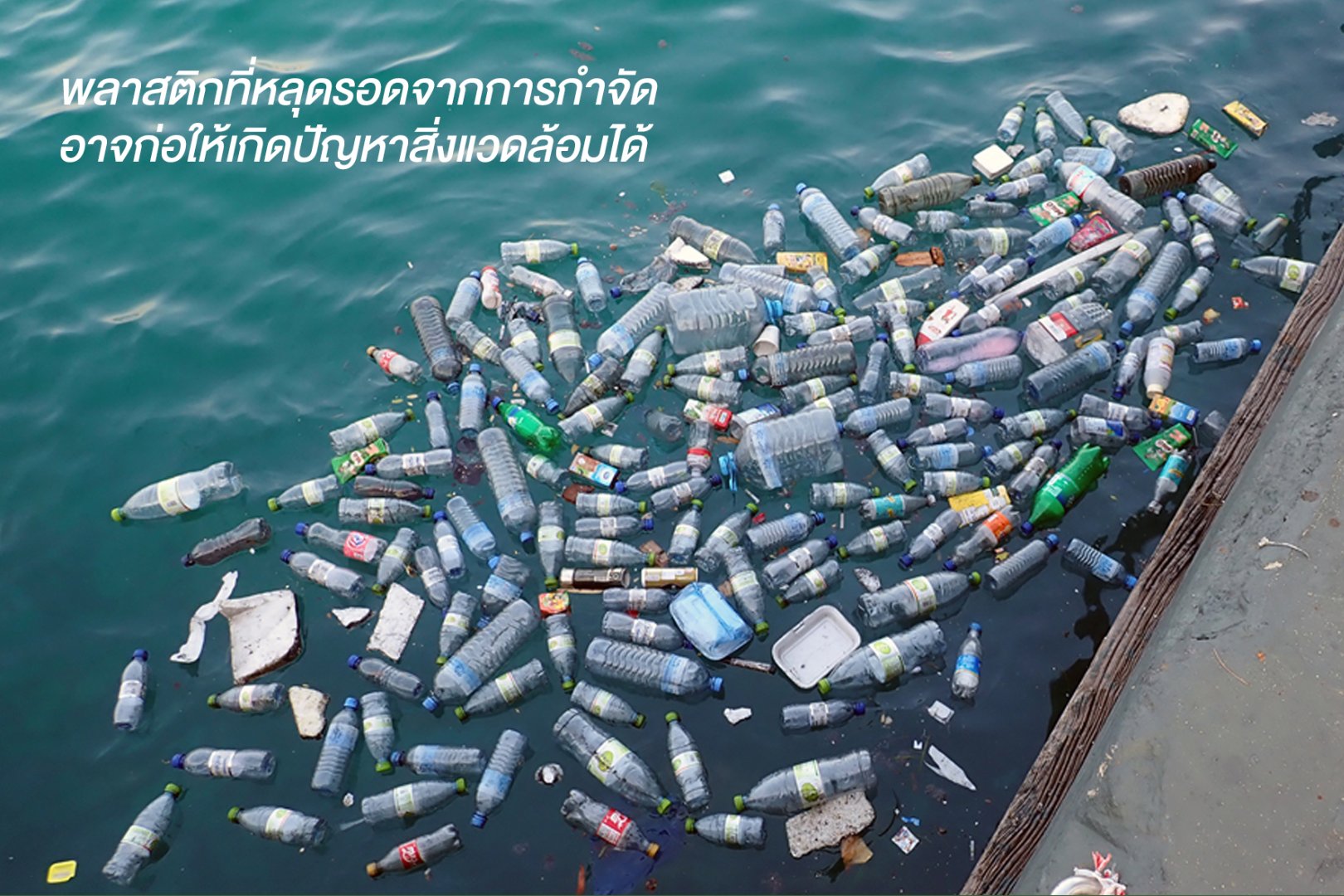Blog
Plastics are very hard to break down, not all of them can naturally degenerate

Despite increasing concern on plastic pollution, 8 million tons of plastic waste have been dumped in the ocean on a yearly basis affecting water climate and marine life. With continuous plastic usage rate, the wastes are unavoidably being generated. With more than 500 years of its lifespan, degeneration is an everlasting process.
One may wonder why plastics last so long. The answer lies in its structure. Plastics are purposely designed to be strong and durable, made of more than 7 million hydrogen and carbon molecules, these synthesized molecules are indestructible, thus the only weakness of plastics, “Everlasting”. (Technically it breaks down, but it takes up to 500 years)
Degeneration aside, one other problem with plastics is, not all types of plastic can be naturally degenerated. Plastics that we mainly use nowadays require special waste treatment for it to decompose. Without this process? Plastics would last for another 500 years. Even bio-plastics, made from plants, a trending kind of plastics, also require decomposition to eliminate the waste
For end-users, not only do we need to understand the nature of plastics, we should maximize the usage value either by reducing the usage or recycling the used items. The next step is, what will the waste end up? In a developed country, waste elimination is effective and efficient, hence plastics are being reused to reduce and eliminate the waste. Whereas a less developed country, such wastes are being negligently disposed of.
Introducing Advance BIO, a new innovative type of self-degradation plastic with the company's vision to save our mother earth through an actionable way of lifestyle, the ultimate solution to lessen plastic waste is to utilize plastic to its maximum value, and repeatedly reuse the plastic at its original form then either recycle it or let it decompose naturally. With our patented ingredients, Advance BIO products are able to breakdown when exposed to the outdoor environment hence significantly reducing the decomposing time down from 500 to 5 years making it the perfect choice for environmentally concerned users.
